NEWS LETTER: air conditioning company melbourne
Stay Cool and Informed: Subscribe to Our Newsletter
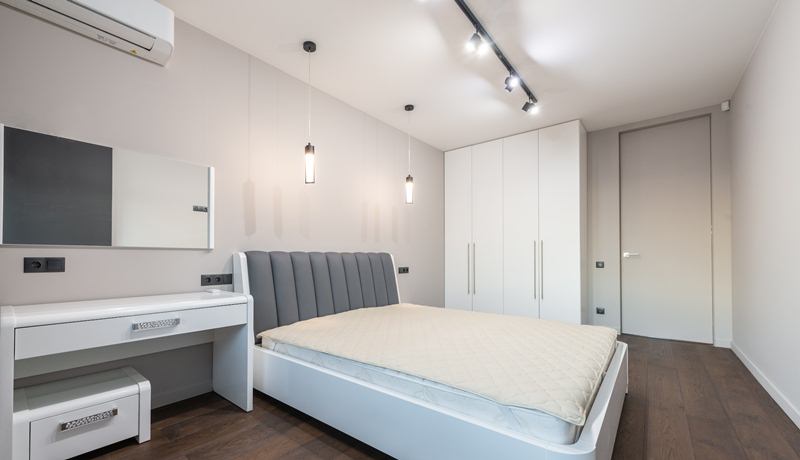
“The Climate Control Revolution: Commercial Refrigeration and AC Solutions in Australia”
commercial refrigeration services melbourne:
Commercial refrigeration is the backbone of Australia’s food service industry. Brands like Skope, Bromic, and Williams offer cutting-edge refrigeration solutions, ensuring the freshness and safety of perishable goods. In Australia’s scorching summers, reliable refrigeration is crucial for restaurants, supermarkets, and food manufacturers. These systems are energy-efficient and eco-friendly, aligning with Australia’s sustainability goals.
provides peace of mind.
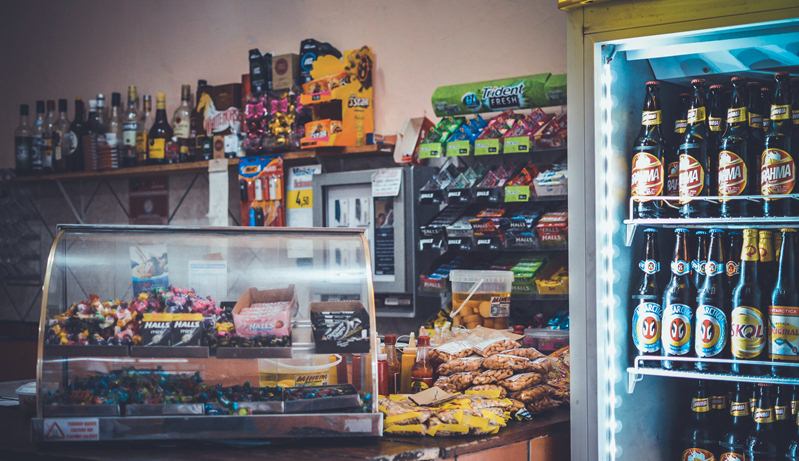
The Path to Sustainability:
Australia has made significant strides toward sustainability and reduced carbon emissions in recent years. Commercial refrigeration, AC, and cooling systems have evolved to incorporate eco-friendly refrigerants, energy-efficient technologies, and intelligent integration options. These initiatives align with Australia’s commitment to environmental responsibility.
Conclusion:
Commercial refrigeration, commercial AC, commercial evaporative coolers, and split system AC units have transformed how Australian businesses manage climate control needs. They ensure product freshness, workplace comfort, energy efficiency, and environmental responsibility. As the climate evolves, these technologies will play an even more critical role in supporting Australian businesses across various industries.
For businesses seeking optimal climate control solutions, reputable brands and experienced HVAC providers in Australia offer the expertise needed to thrive in a dynamic and challenging climate.
Whether you operate a restaurant, office, warehouse, or retail store, the climate control revolution in Australia ensures your comfort and success. Embrace these technologies to stay ahead in the competitive landscape while reducing your environmental impact.
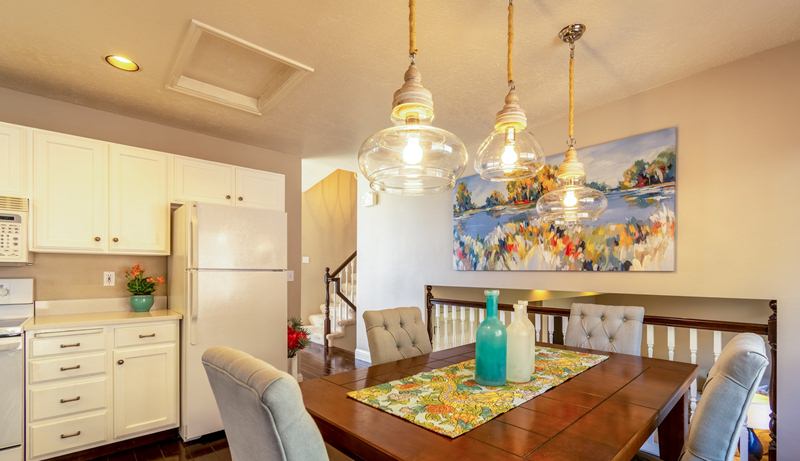
Refrigerated Heat Pump (Electric Heat Pump):
The cost-effectiveness of a refrigerated heat pump compared to gas heating depends on various factors, including your location, energy prices, the efficiency of the systems, and your specific heating needs. Here are some considerations:
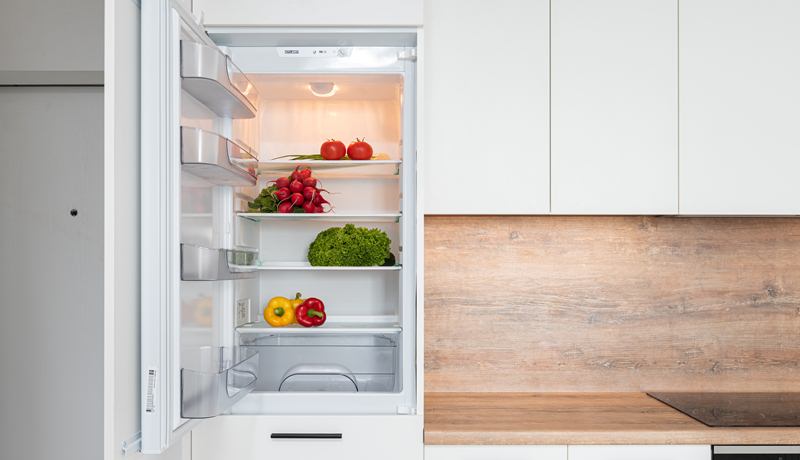
Gas Heating (Natural Gas or Propane):
- Climate: Heat pumps are most efficient in regions with moderate temperatures. They may need to be more efficient in extremely cold climates, impacting their cost-effectiveness
- Installation and Maintenance: Heat pumps may have a higher upfront installation cost than gas systems, but they often require less maintenance
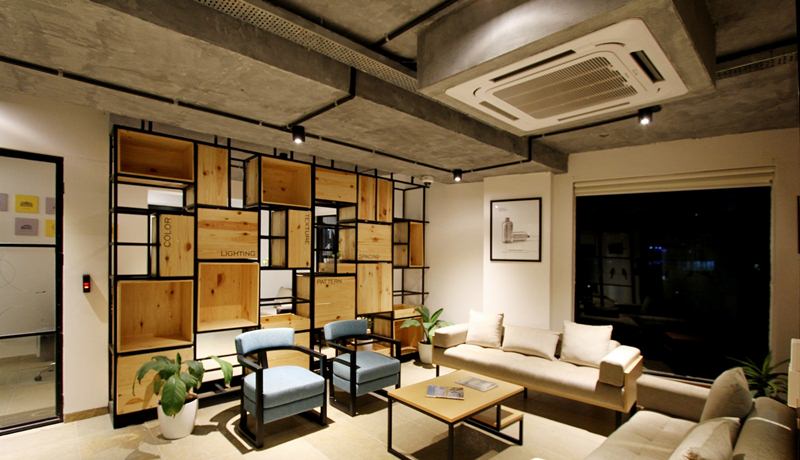
Gas Heating (Natural Gas or Propane):
- Efficiency: Gas heating systems can provide reliable heating, especially in cold climates. Modern gas furnaces can achieve high levels of efficiency.
- Fuel Costs: Natural gas or propane costs vary widely by location. In some areas, natural gas may be more cost-effective than electricity.
- Climate: Gas heating systems perform well in colder climates and maintain efficiency even in freezing temperatures.
- Installation and Maintenance: Gas heating systems typically have lower upfront installation costs but may require more frequent maintenance.

Considerations:
- Energy Prices: It’s essential to compare your area’s electricity and natural gas costs to determine the most cost-effective.
- Climate: Your local environment plays a significant role. Heat pumps can be cost-effective in milder temperatures, while gas heating may be more suitable for very cold climates.
- System Efficiency: Look for high-efficiency systems to minimize operating costs, whether you choose a heat pump or gas heating.
- Energy Efficiency Ratings: Please Check the energy efficiency ratings (SEER for cooling and HSPF for heating) to determine the system’s efficiency.
- Initial Investment: Consider the upfront installation cost of each system, including any necessary modifications to your existing HVAC setup.
